Filter by
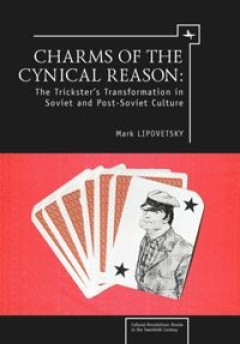
Charms of the Cynical Reason : The Trickster's Transformation in Soviet and P…
The impetus for Charms of the Cynical Reason is the phenomenal and little-explored popularity of various tricksters flourishing in official and unofficial Soviet culture, as well as in the post-Soviet era. Mark Lipovetsky interprets this puzzling phenomenon through analysis of the most remarkable and fascinating literary and cinematic images of soviet and post-Soviet tricksters, including such …
- Edition
- -
- ISBN/ISSN
- 9781934843451
- Collation
- -
- Series Title
- -
- Call Number
- 800 LIP c
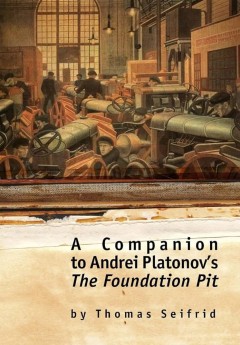
A Companion to Andrei Platonov's "The Foundation Pit" : Studies in Russian an…
Written at the height of Stalin's first "five-year plan" for the industrialization of Soviet Russia and the parallel campaign to collectivize Soviet agriculture, Andrei Platonov's The Foundation Pit registers a dissonant mixture of utopian longings and despair. Furthermore, it provides essential background to Platonov's parody of the mainstream Soviet "production" novel, which is widely recogni…
- Edition
- -
- ISBN/ISSN
- 9781618116970
- Collation
- -
- Series Title
- -
- Call Number
- 800 SEI c
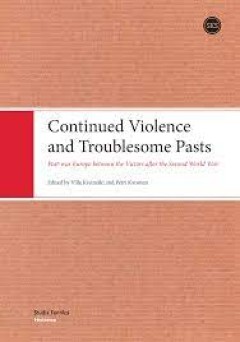
Continued Violence and Troublesome Pasts: Post-war Europe between the Victors…
In most European countries, the horrific legacy of 1939–45 has made it quite difficult to remember the war with much glory. Despite the Anglo-American memory narrative of saving democracy from totalitarianism and the Soviet epic of the Great Patriotic War, the fundamental experience of war for so many Europeans was that of immense personal losses and often meaningless hardships. The anthology…
- Edition
- -
- ISBN/ISSN
- 9789522229038
- Collation
- -
- Series Title
- -
- Call Number
- -
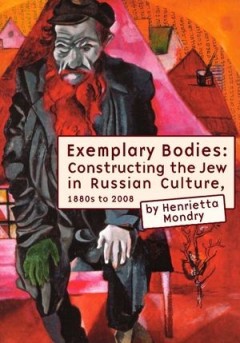
Exemplary Bodies Constructing the Jew in Russian Culture, 1880s to 2008
Exemplary Bodies: Constructing the Jew in Russian Culture, 1880s to 2008 explores the construction of the Jew’s physical and ontological body in Russian culture as represented in literature, film, and non-literary texts from the 1880s to the present. With the rise of the dominance of biological and racialist discourse in the 1880s, the depiction of Jewish characters in Russian literary and cu…
- Edition
- -
- ISBN/ISSN
- 9781934843390
- Collation
- -
- Series Title
- -
- Call Number
- -
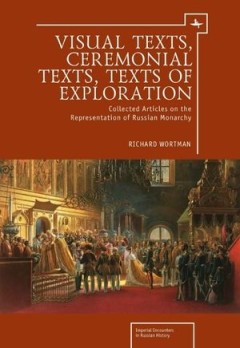
Visual Texts, Ceremonial Texts, Texts of Exploration: Collected Articles on t…
Visual Texts, Ceremonial Texts, Texts of Exploration continues the work begun in Russian Monarchy: Representation and Rule, which analyzed the interplay between the symbolic representations of Russian monarchs and the legal and institutional instruments of their rule. The articles in this volume examine the texts that, through various media, revealed the myths and scenarios conveying the goals …
- Edition
- -
- ISBN/ISSN
- 9781618113474
- Collation
- -
- Series Title
- -
- Call Number
- -
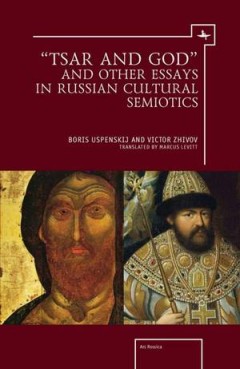
“Tsar and God”: and Other Essays in Russian Cultural Semiotics
Featuring a number of distinguished essays by internationally known Russian cultural historians Boris Uspenskij and Victor Zhivov, this collection encompasses various ground-breaking works appearing in English for the first time. Focusing on several of the most interesting and problematic aspects of Russia's cultural development, these essays examine the survival and reconceptualization of Russ…
- Edition
- -
- ISBN/ISSN
- 9781936235490
- Collation
- -
- Series Title
- -
- Call Number
- -
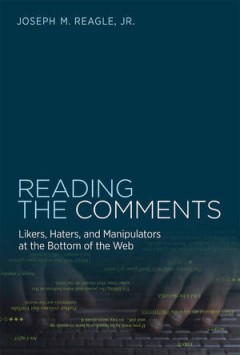
Selected Prose of N. M. Karamzin
In Selected Prose of N. M. Karamzin, Henry Nebel’s translation and extensive introductory material presents a collection of primary sources by a Russian author whose tales explore the creative exploitation of sentimentalism’s potentialities.
- Edition
- -
- ISBN/ISSN
- 9780810138612
- Collation
- -
- Series Title
- -
- Call Number
- -
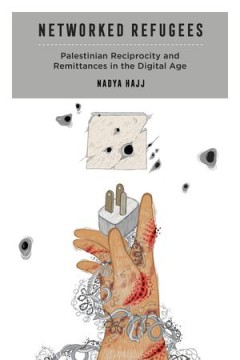
Reading in Russia
Reader, where are you?”, wondered, in the mid-1880s, Mikhail Saltykov-Shchedrin, one of the Russian writers that paid the most attention to the readership of his time. Saltykov-Shchedrin’s call did not go unanswered.
- Edition
- -
- ISBN/ISSN
- 9788867052479
- Collation
- -
- Series Title
- -
- Call Number
- -

Prosaics and Other Provocations: Empathy, Open Time, and the Novel
Gary Saul Morson's ideas about life and literature have long inspired, annoyed, and provoked specialists and general readers. His work on prosaics (his coinage) argues that life's defining events are not grand but ordinary, and that the world's fundamental state is mess. Viewing time as a field of possibilities, he maintains that contingency and freedom are real. To represent open time, some ma…
- Edition
- -
- ISBN/ISSN
- 9781618111616
- Collation
- -
- Series Title
- -
- Call Number
- -

Postmodern Crises: From Lolita to Pussy Riot
Postmodern Crises collects previously published and yet unpublished Mark Lipovetsky’s articles on Russian literature and film. Written in different years, they focus on cultural and aesthetic crises that, taken together, constitute the postmodern condition of Russian culture. The reader will find here articles about classic subversive texts (such as Nabokov’s Lolita), performances (Pussy Ri…
- Edition
- -
- ISBN/ISSN
- 9781618115591
- Collation
- -
- Series Title
- -
- Call Number
- -
 Computer Science, Information & General Works
Computer Science, Information & General Works  Philosophy & Psychology
Philosophy & Psychology  Religion
Religion  Social Sciences
Social Sciences  Language
Language  Pure Science
Pure Science  Applied Sciences
Applied Sciences  Art & Recreation
Art & Recreation  Literature
Literature  History & Geography
History & Geography